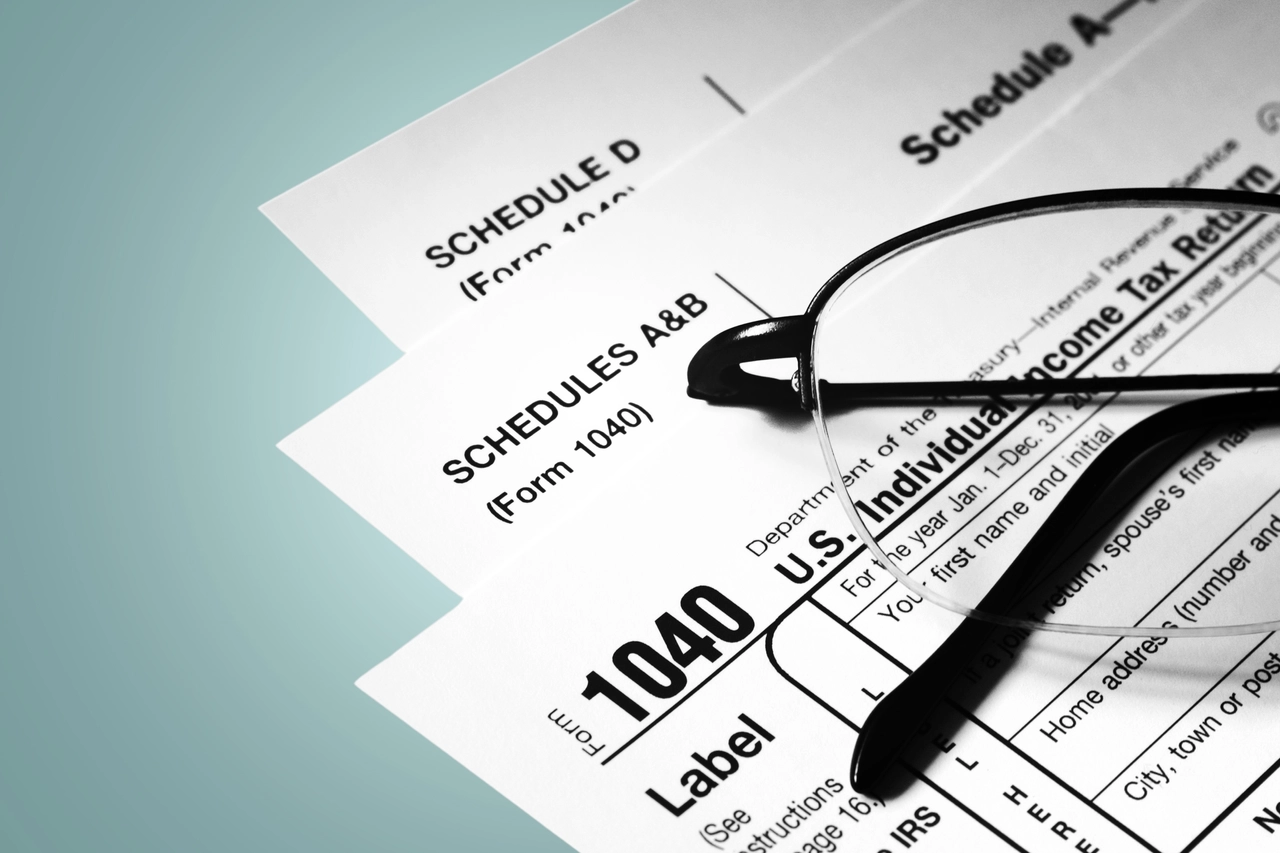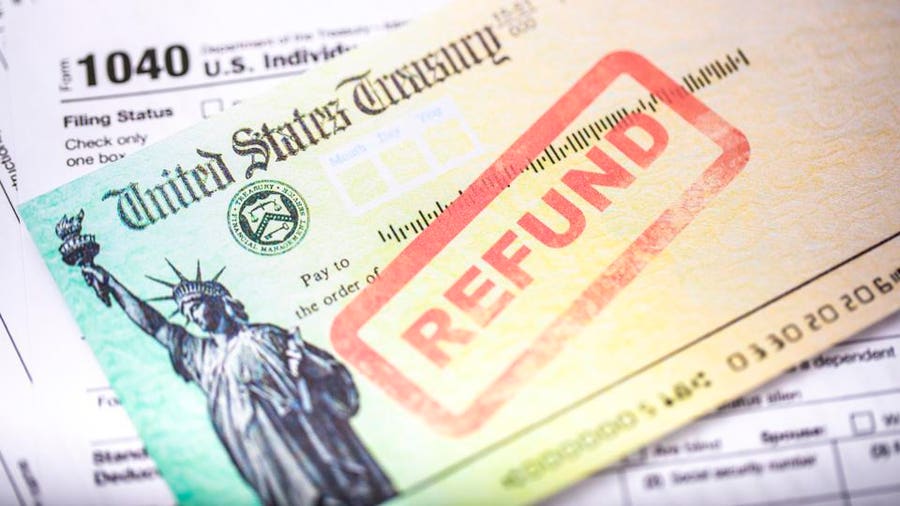The IRS’s two-year bans on refundable tax credits.
Taxpayers Face Financial Burden as IRS Struggles to Implement Two-Year Ban on Refundable Tax Credits
A recent study by the Taxpayer Advocate Service (TAS) has found major problems with how the IRS handles two-year bans on refundable tax credits like the Earned Income Tax Credit (EITC). These bans meant to stop wrong claims have a big financial impact on taxpayers, averaging $4,100 a year. The 2023 TAS study, looking at 352 cases from Fiscal Year 2022 and early 2023, showed that the IRS often does not follow its own rules. For example, 76% of cases missed required managerial approval and 81% of taxpayers did not get clear explanations for the bans, according to the report of Taxpayer Advocoate.

(photo: The Wall Street Journal)
IRS’s Automated Bans Under Scrutiny
The IRS’s method for these bans has several issues. The study found that 46% of taxpayers did not respond to audit notices often because the mail was undeliverable. These bans, imposed automatically without a manual review may not consider efforts to reach taxpayers. Additionally, past audits used to support the bans were often outdated or irrelevant with over 50% happening more than three years before the current ban and 30% dealing with different issues.
Even though TAS suggested fixes like requiring managerial reviews, clearer explanations and better attempts to contact taxpayers who don’t respond and the IRS has not agreed to make these changes. This refusal to adopt the recommendations raises concerns about fairness and consistency in IRS practices potentially causing financial hardship for vulnerable taxpayers. The IRS needs to follow its own rules and review its policies to ensure fair enforcement of these bans.

















































